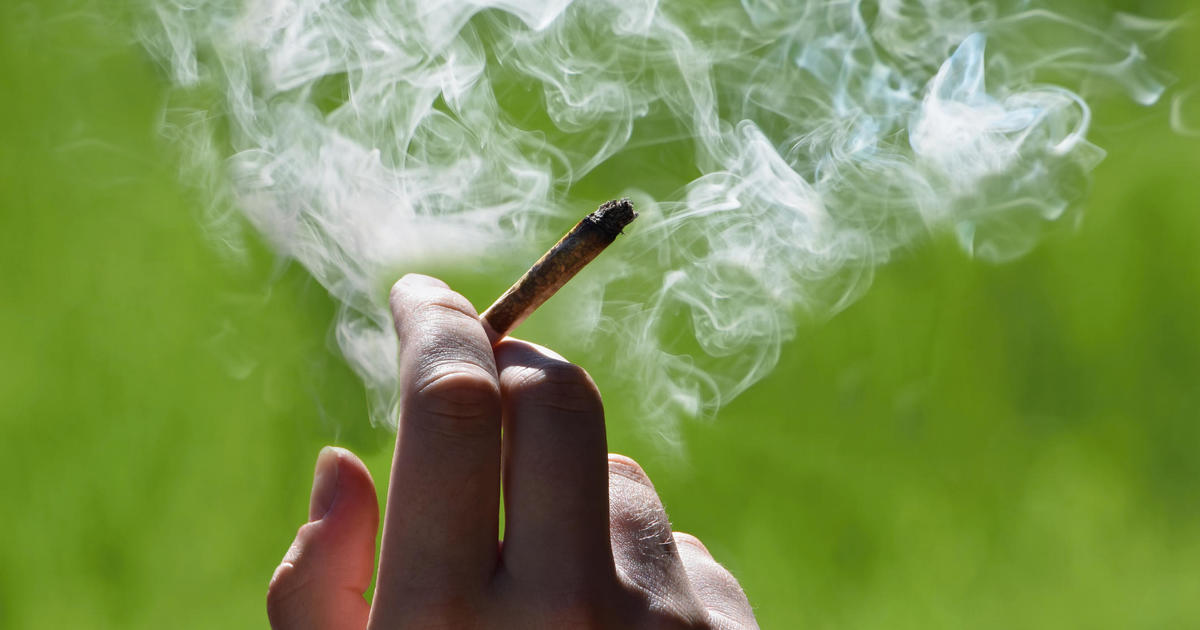Good Question: Is The Legal BAC Limit Too High?
MINNEAPOLIS (WCCO) -- Saying they could save hundreds of lives every year, the nation's highway safety advocates want states to reduce the legal blood alcohol limit for driving by 35 percent -- from 0.08 to 0.05.
It took two decades to get every state in America to go to 0.08, and Minnesota was the last state, in 2005.
"By 0.05 there's judgment impairment, decision-making impairment, sensory-motor impairment," said Dr. Darin Erickson, an alcohol-prevention researcher and professor at University of Minnesota's School of Public Health.
According to Erickson, 0.05 would be about one drink fewer per hour than you can legally drink before driving now. So a typical man would be able to drink three beers in an hour, four in two hours, five in three hours.
A 120-pound woman would be able to have two drinks an hour, two-and-a-half in two hours, three in three hours.
If you're drinking a martini or a mixed cocktail, one drink might be all it takes, Erickson said.
"It doesn't seem like a lot. A lot of people think, 'Oh, I'll have a couple drinks, I'm still fine,' but in fact there is impairment," he said.
So does lowering the limit work, or do people continue to drink and drive?
"The data is definitive. When we lowered the BAC across all 50 states it had a dramatic impact on alcohol-related fatalities," he said.
According to the NTSB, in 1982, 21,113 Americans died in alcohol-related crashes. In 2012, 9,878 died in alcohol-related crashes.
In Europe, researchers studied some of the countries where they cut the limit from 0.08 to 0.05. They found fatal crashes among drivers 18-49 dropped 8 to 12 percent.
In Canada, the federal limit is 0.08, but some provinces are experimenting with issuing citations to people who test between 0.05-0.07.
"It's treated a little more like a speeding ticket," Erickson said.
"You lose your license for 24 hours. If you don't do it again in a year, it goes off your record," he said, calling that a possible first step to lowering the limit for criminal prosecution.
Erickson said policy-makers are moving in this direction in the United States. In more than 100 other countries, the limit is already at 0.05 or below, including 25 out of 27 of the countries in the European Union.
"I think like a lot of things, there's a conversation that needs to happen," he said.



